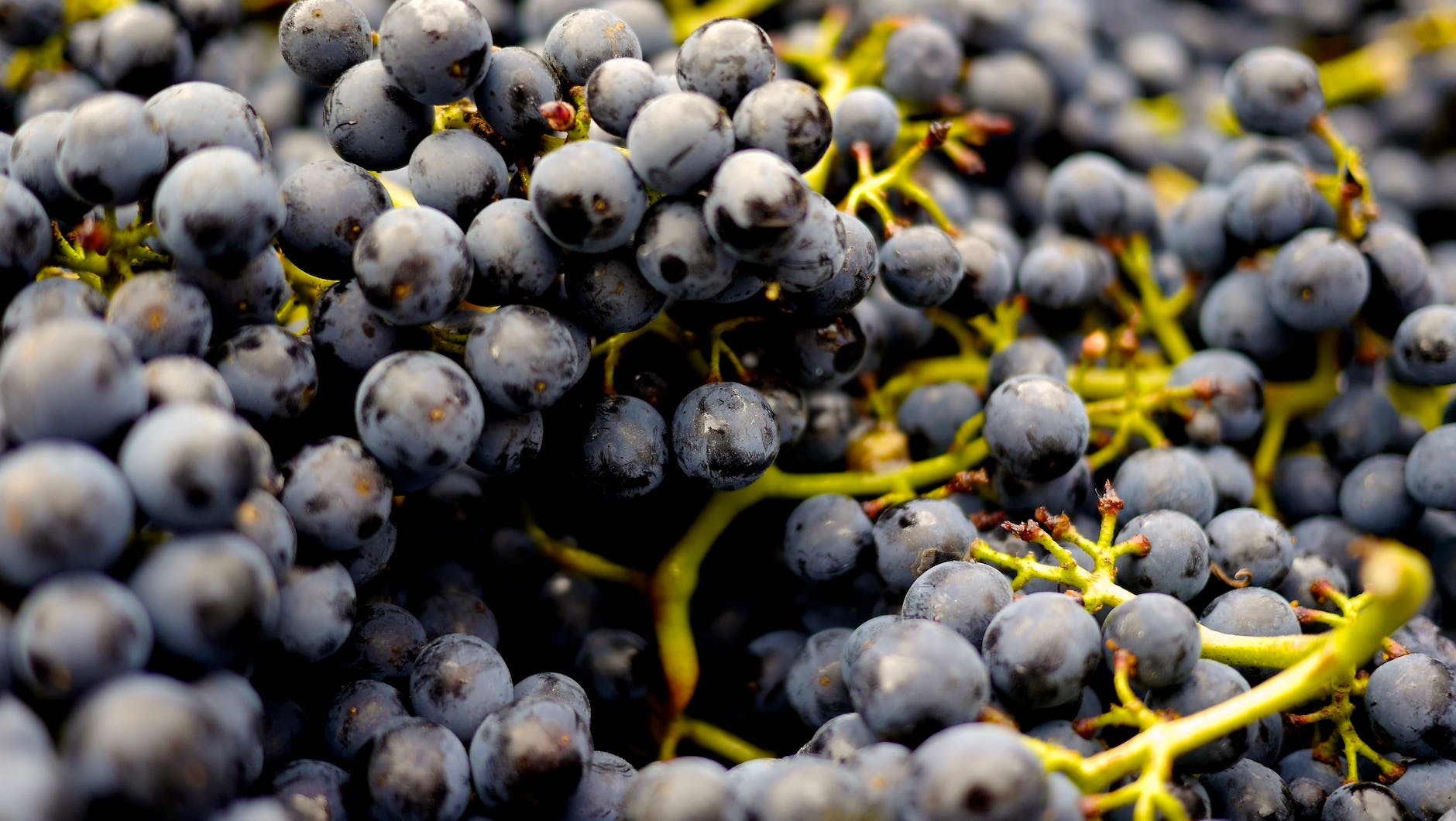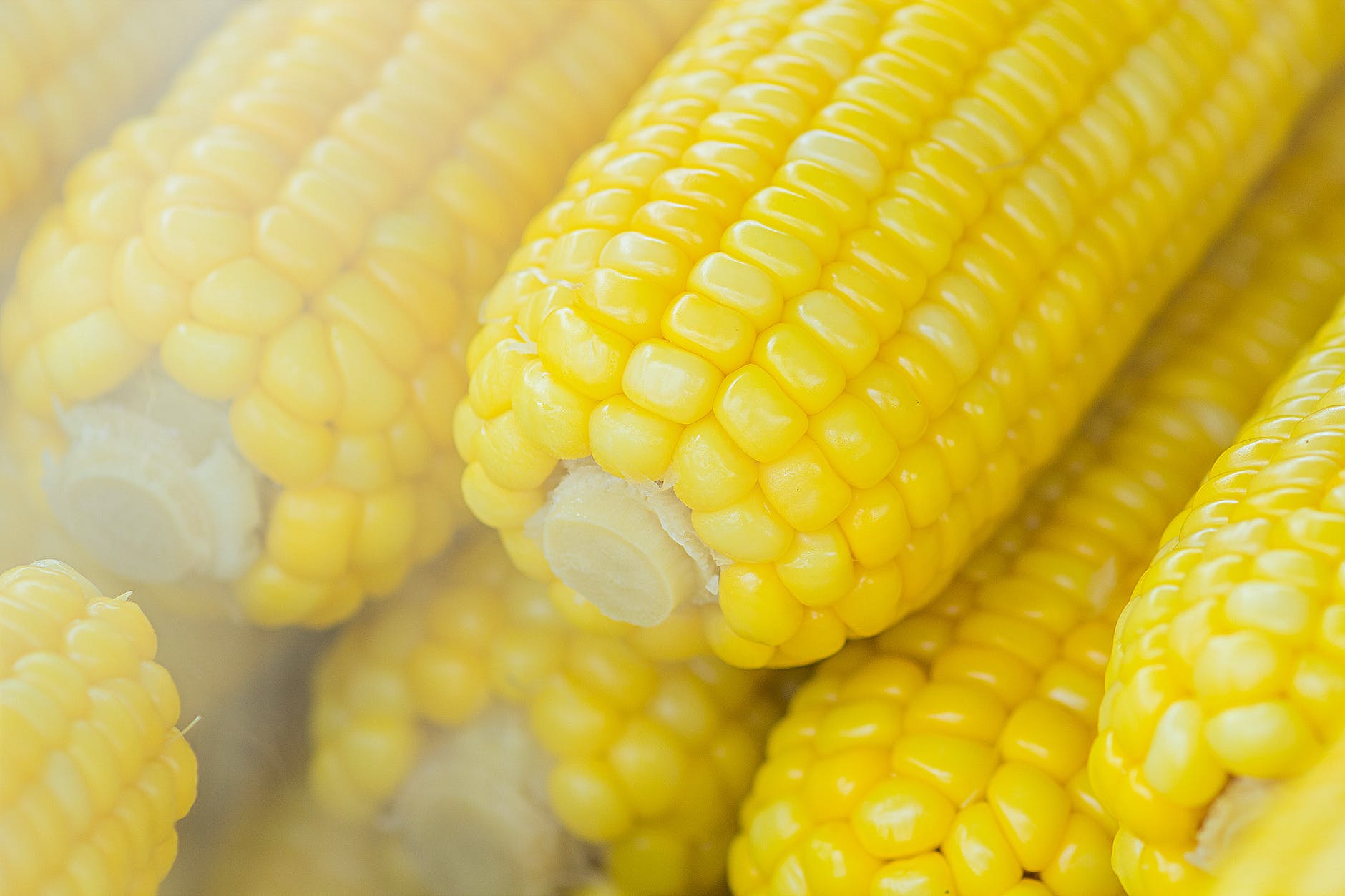
Introduction: 🌾🌟 Welcome to another enlightening blog post in our series on seeds and nuts and their impact on weight loss! In this edition, we will uncover the potential of millet—a tiny yet mighty grain—in helping you achieve your weight loss goals. Millet, often considered a staple in many cuisines, is packed with essential nutrients and offers unique properties that may support weight management. Join us as we explore the benefits and possibilities of millet as a key player in your weight loss journey.
Macros per 100g of Cooked Millet:
| Nutrient | Amount |
|---|---|
| Calories | 119 |
| Carbohydrates | 25g |
| Protein | 3.5g |
| Fat | 1.2g |
| Fiber | 1.3g |
| Sugars | 0.1g |
is millet good for weight loss?
🌾🔍 Millet, a gluten-free grain, has a rich history of cultivation and consumption dating back thousands of years. It has been a dietary staple in many regions, including Africa, Asia, and parts of Europe. Millet comes in various varieties, such as pearl millet, foxtail millet, and finger millet, each with its own unique nutritional profile. Let’s explore the various ways in which millet may contribute to your weight loss efforts:
- Complex Carbohydrates for Sustained Energy: 🌾⚡ Millet is predominantly composed of complex carbohydrates, which are slowly digested and provide a sustained release of energy. Unlike simple carbohydrates that cause blood sugar spikes and crashes, complex carbohydrates provide a steady supply of glucose to the body, promoting stable energy levels and preventing cravings and overeating. By incorporating millet into your diet, you can enjoy sustained energy levels and a reduced likelihood of consuming excess calories.
- Low in Fat and Calories: 🌾💧 Millet is naturally low in fat and calories, making it a suitable choice for those seeking weight loss. With only 119 calories per 100g of cooked millet, it can help create a calorie deficit when incorporated into a balanced diet. This calorie moderation, combined with its nutrient density, allows you to enjoy a satisfying meal while supporting your weight management goals.
- Dietary Fiber for Satiety and Digestive Health: 🌾🌾 Millet contains a modest amount of dietary fiber, which plays a vital role in weight management. Fiber adds bulk to the diet, promotes feelings of fullness, and aids in healthy digestion. While millet’s fiber content is relatively lower than some other grains, it still contributes to overall satiety and supports a well-functioning digestive system.
- Rich in Essential Nutrients: 🌾🌿 Millet is a nutrient-dense grain, providing various essential vitamins and minerals. It is particularly rich in magnesium, phosphorus, manganese, and B vitamins. Magnesium is involved in energy metabolism, while phosphorus and manganese contribute to bone health. B vitamins, such as niacin and thiamine, are important for energy production and overall well-being. By incorporating millet into your diet, you can support your body’s nutrient needs while pursuing your weight loss goals.
- Gluten-Free Option for Gluten Sensitivities: 🌾🚫 Millet is naturally gluten-free, making it an excellent choice for individuals with gluten sensitivities or those following a gluten-free diet. It can provide a nutritious alternative to gluten-containing grains while still offering a satisfying and versatile culinary experience.
Which Millet is Good for Weight Loss?
Among the different types of millets, pearl millet (bajra) is often considered to be best for weight loss. Pearl millet is a nutrient-rich grain that is low in calories and has a low glycemic index. Here’s why pearl millet can be a good choice for weight loss:
- Low in Calories: Pearl millet is relatively low in calories compared to other grains like rice and wheat. Consuming fewer calories can help create a calorie deficit, which is essential for weight loss.
- Rich in Fiber: Pearl millet is a good source of dietary fiber, which aids in digestion and helps keep you feeling full for longer. It can reduce hunger pangs and prevent overeating, thus promoting weight loss.
- Low Glycemic Index: Foods with a low glycemic index (GI) cause a slower rise in blood sugar levels. Pearl millet has a lower GI compared to refined grains, which helps control blood sugar levels and reduces the likelihood of insulin spikes and fat storage.
- High Nutrient Content: Pearl millet is rich in essential nutrients such as iron, magnesium, phosphorus, and B vitamins. These nutrients support overall health and can be beneficial during weight loss when combined with a balanced diet.
- Gluten-Free: For individuals with gluten sensitivity or celiac disease, pearl millet provides a gluten-free alternative to wheat-based products, which can support weight loss efforts in those with gluten-related issues.
- Versatility in Cooking: Pearl millet can be used in various dishes, including porridge, roti (flatbread), upma, and even as a rice substitute. Its versatility allows you to include it in your meals easily.
⚠️ Warnings and Considerations: 🚫 While millet offers numerous benefits for weight management, it’s important to keep the following points in mind:
- Portion Control and Caloric Awareness: 🚫 Although millet is low in calories, portion control is still crucial for effective weight management. It’s important to be mindful of serving sizes and balance your overall calorie intake with other nutrient-dense foods to achieve a balanced diet.
- Anti-Nutrients and Digestibility: 🚫 Millet contains anti-nutrients, such as phytic acid and tannins, which can reduce nutrient absorption and potentially affect digestibility. These compounds can be minimized by soaking or fermenting millet before cooking, which helps neutralize the anti-nutrients and improve the grain’s digestibility.
- Individual Sensitivities and Allergies: 🚫 While millet is generally well-tolerated, individuals with specific allergies or sensitivities should exercise caution. If you have known allergies to grains or any symptoms of intolerance, consult with a healthcare professional before incorporating millet into your diet.
💡 Recipe Ideas: Now, let’s explore some delicious and nutritious ways to incorporate millet into your weight loss journey:
- Millet Breakfast Porridge: 🍚🌾 Cook millet with your choice of milk (dairy or plant-based) and a pinch of cinnamon. Top with fresh berries, a sprinkle of nuts or seeds, and a drizzle of honey or maple syrup for a wholesome and satisfying breakfast option.
- Millet Salad Bowl: 🥗🌾 Combine cooked and cooled millet with a variety of colorful vegetables, such as cherry tomatoes, cucumber, bell peppers, and fresh herbs. Toss with a light vinaigrette made from olive oil, lemon juice, and Dijon mustard. Add a protein source of your choice, such as grilled chicken or chickpeas, for a complete and filling meal.
- Millet-Stuffed Bell Peppers: 🌶🌾 Cut the tops off bell peppers and remove the seeds. Fill each pepper with a mixture of cooked millet, sautéed vegetables, and herbs. Bake in the oven until the peppers are tender and the filling is heated through. Serve as a flavorful and nutritious main course.
- Millet Veggie Stir-Fry: 🍲🌾 In a pan, stir-fry a medley of your favorite vegetables, such as broccoli, carrots, snow peas, and mushrooms. Add cooked millet and season with soy sauce or tamari, garlic, and ginger. Sauté until the vegetables are tender-crisp. Enjoy as a satisfying and wholesome stir-fry dish.
- Millet Energy Bars: 🍫🌾 In a food processor, blend cooked millet, dates, nut butter, honey, and a sprinkle of cocoa powder. Process until the mixture comes together and forms a sticky dough. Press the mixture into a lined baking dish and refrigerate until firm. Cut into bars for a nourishing and convenient snack option.
🌟 Conclusion: 🌾✨ Millet, with its complex carbohydrates, low calorie content, and nutrient profile, can be a valuable addition to your weight loss journey. By incorporating millet into your diet, you can enjoy sustained energy, promote satiety, and support your body’s nutrient needs. However, it’s important to practice portion control, be aware of individual sensitivities, and ensure you maintain a balanced diet by incorporating a variety of nutrient-dense foods alongside millet.













